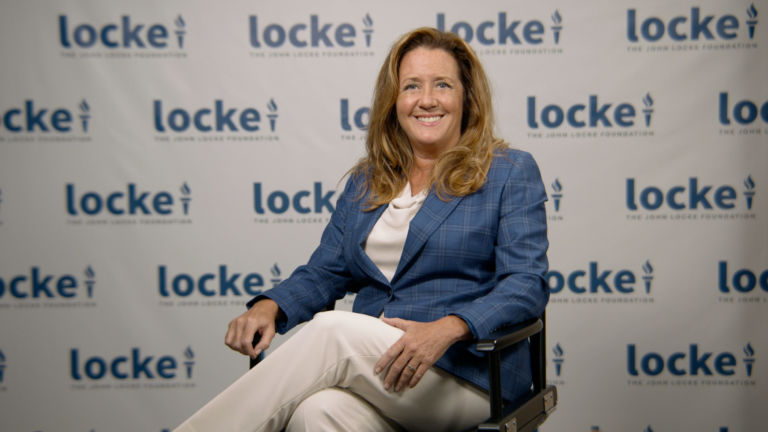George Leef’s latest Forbes column documents a setback for Oklahomans’ efforts to reform civil-asset forfeiture laws.
Last year, State Senator Kyle Loveless introduced a sweeping civil asset forfeiture reform bill. But instead of racing through the legislature as happened in New Mexico, it is stuck in a committee chaired by a legislator who wants to curry favor with the interest groups that are happy with the status quo—the law enforcement community.
The chairman of the Judiciary Committee, Senator Anthony Sykes, has declined to hold hearings on Senator Loveless’ bill. Sykes is quoted in this story as saying, “I have many issues to consider and I’m a person who doesn’t hear a lot of bills.” Senator Loveless wasn’t buying that. He responded, “Look at the bills he heard in committee. A handful of them died or were defeated on the Senate floor. As prominent as this bill was, you would have thought it would at least have seen the light of day in committee.”
The writer of the story has no doubt hit the truth about the reason why the reform bill is stuck in committee: “Capitol insiders told Red Dirt Report that Sykes refused to hear the civil asset forfeiture bill because he wants to befriend law enforcement officials and collect their support for a run at the state’s Attorney General position in 2018.”
Now that is a believable explanation – pure politics.
In Oklahoma, the case for reforming (or even eliminating) civil asset forfeiture is just as strong as in other states. It has been badly abused by officials.
As Trent England, vice president for strategic initiatives at the Oklahoma Council of Public Affairs writes in this piece, “Some Oklahoma district attorneys routinely take cash and other property without even charging anyone with a crime…. Seized funds have been spent to pay an assistant district attorney’s student loans and another assistant district attorney lived rent free in a seized home for five years.”
It is little wonder that, as a result of such revelations, a solid 70 percent of Oklahomans support reforming the state’s civil asset forfeiture law according opinion polling.


